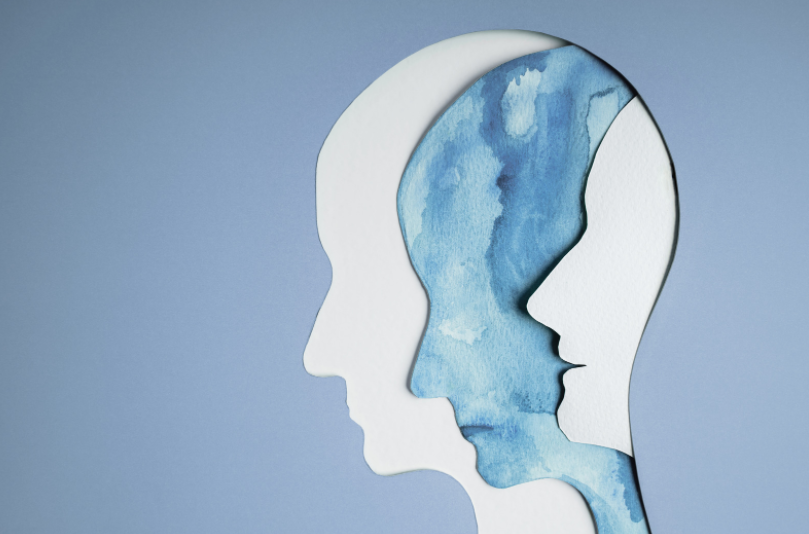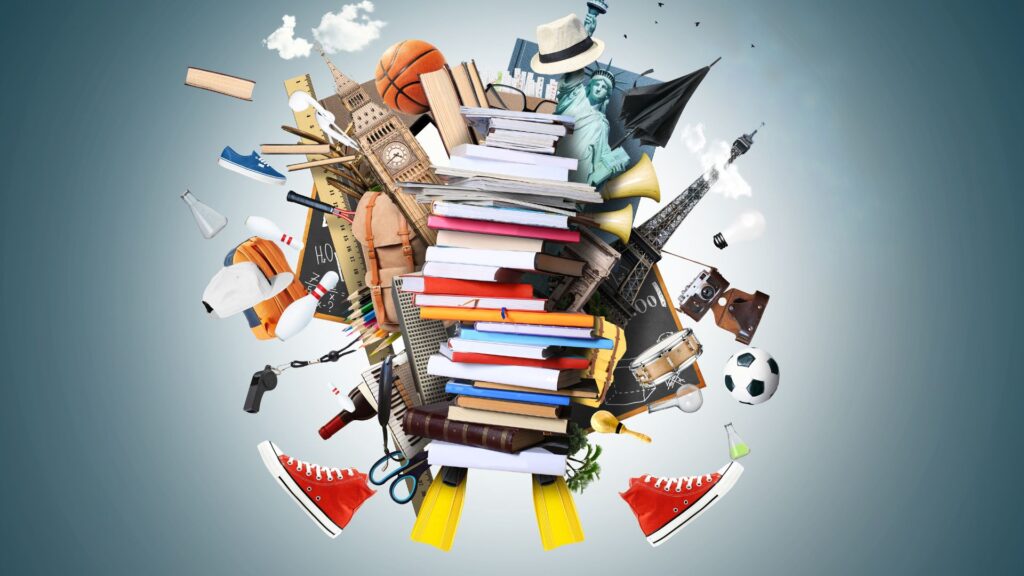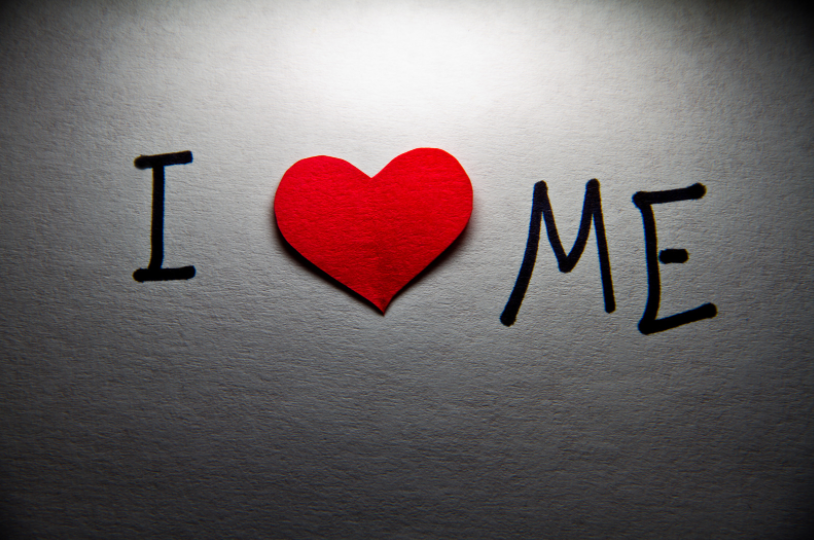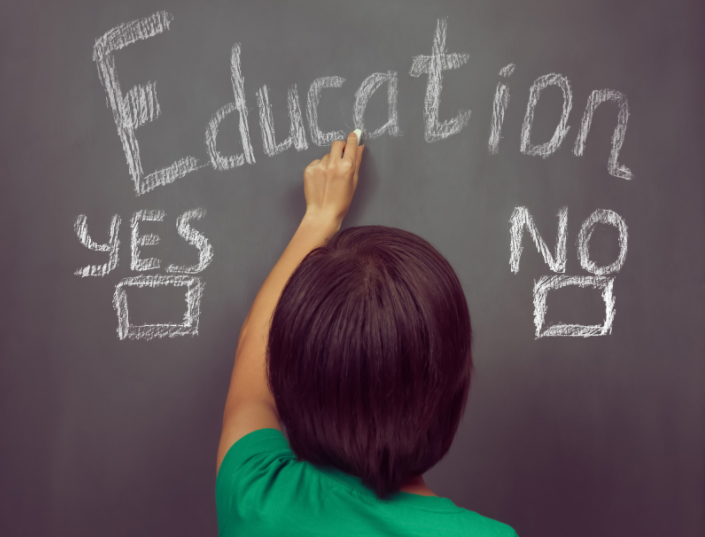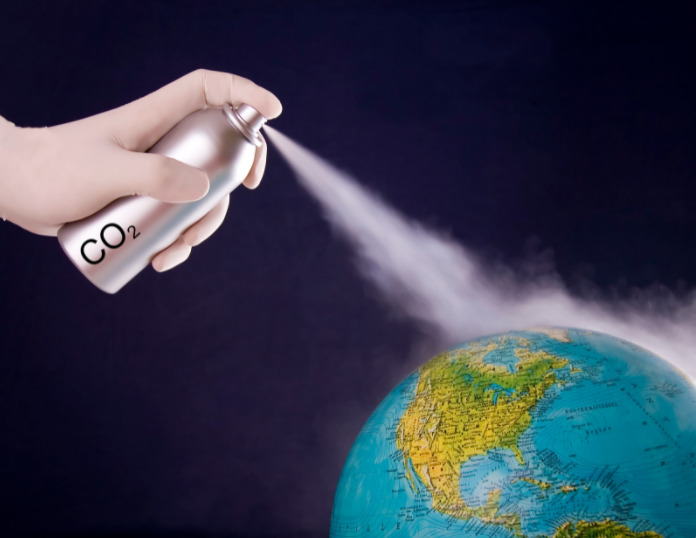
We explore how the enquiring mind can respond with wisdom to the challenge posed by Coronavirus and the anxiety it causes. Here are 6 tips to consider. We live in extraordinary times. How can an enquiring mind respond to this challenge with intelligence? Every challenge we face also presents us with an opportunity to understand ourselves and how our mind works. We can do this by observing our reactions and exploring what lies behind them. This awakens in us an inner intelligence and also allows us to deal with the challenge we face, much more effectively. People are frightened. The more we read, the more frightened we become. We start having dark thoughts about the future, about our livelihood, our own health and our loved ones. We worry about falling ill or even dying from the disease. We have become anxious. Perhaps it is worth exploring the nature of fear, and how we can respond to it with intelligence. # crisis management
https://blogs.humanwisdom.me/ Today it’s the coronavirus, tomorrow it may be something else and what we learn can be useful in dealing with other fears. When we look at ourselves and how our mind deals with this problem, we realise that we struggle to live with uncertainty, with not knowing what will happen. That uncertainty creates a space for our imagination to fill, and we know the human mind usually looks at a situation and thinks of the worst possible outcome. How can we deal with this uncertainty? Perhaps acceptance is the key, hard as it may be. Can we live with not knowing what may happen and make our peace with that? There are so many questions that have no answers, like not knowing if we will get infected with the coronavirus, if there is life on other planets, and so on. If we can accept uncertainty, and be comfortable with not knowing, we can avoid the anxieties caused by the many wild imaginings of our thinking. Often, when we are worried about something, we keep churning it over in our thinking, like a dog with a bone. Each time we swirl it around, we think of a new angle to worry about. ‘Forget coronavirus, what if I have a heart attack or stroke, will there be enough intensive care beds, for example?’ These are the kind of thoughts that can keep us awake at night and the less sleep we get, the less able we are to deal with the challenges of the day. # crisis management All our worries are rooted in the future. If we actually look at our lives right now, it may be okay. We can step outside. We have the chance to look at the flowers and the sun that remains in the sky. Reminding ourselves of such beauty can bring us back to the moment and the life that is for living, right now. There may of course be real challenges to deal with – we could have lost a job, or be caring for a loved one who is ill, or fallen ill ourselves. To face these challenges, we will need all our energy and wisdom. And if we can be completely in the present, we can do that much more effectively. Problems generated by our fears on the other hand have no solution because they have not yet occurred, so our worries never go away and wear us down. We will see that fear makes us think and behave irrationally. We are not aware that we are doing so. If we are challenged, we will find many arguments to justify our behaviour. Before we know it, we are in a panic and stockpiling items from the supermarket, even though everyone is saying it is not necessary, and that it leaves little for others in real need. When we look honestly at ourselves, we can learn that fear makes us even more self-centered than normal, and we can lose all consideration and compassion for people outside our immediate circle. But these are the kind of things we would never admit, even to ourselves. Having understood all this about fear, how can we respond to the current challenge with intelligence? To find our more visit humanwisdom.me # crisis management .The first step is to realise that we are worried and anxious. That may not always be obvious and it may just be expressed in our behaviour. We may want to talk about this all the time with others, or buy things we know we do not need, or keep surfing the internet churning over the news. We may notice that our bodies are tense, that we are on edge or that our heartbeat is faster. # crisis management The second step is to accept it and not label this fear as good or bad, or justify it as necessary. The crucial third step, which awakens an inner intelligence, is to ask what lies behind that feeling of anxiety, and what we can learn about ourselves from exploring it. Here are 6 ideas to consider from our own enquiry: #1 Write down all your fears and ask yourself how likely they are to happen. Then, divide them into 3 groups. The first group lists all the fears which are just a product of your imagination – that the world as we know it is going to end, we are going to run out of medicines and food, for example. In the second group are fears that are real but which you can do nothing about and just have to accept. Accepting for example, that despite our best efforts, we may get infected, and it is more than likely we will be fine if that happens. The third group are fears that we can do something about, for example getting stuck when we travel somewhere, so we don’t travel. Or that we may pick up a bug from the places we are visiting, so it seems sensible to cancel those engagements. #2 Realise that all fears are in the future, and actually in the present moment we are fine. Go for a walk outside. Write down all the things you have to be grateful for. Make it a long list and feel the beauty and joy of being alive. #3 When you look back at your life and see that very few of your fears have actually come to pass, it can help you realize that this one will also pass. Everything passes in the end. So much energy is wasted in worrying about things that never happen. #4 Realise that the constant thinking and reading and talking about the problem is just filling your mind with more fear and anxiety. When you stop this, you can get on with your life based on the best advice available and keep up with the news once a day. #5 Observe how your fear is making you behave irrationally. There is no need to be critical of yourself for that, but observe that and ask yourself, is that intelligent? That question can lead you to change course and do the intelligent thing, whatever it may be. An example can even be resisting the temptation to stockpile items from the supermarket and have much more consideration for others. #6 This one may seem like a very strange idea initially let us explore it, please: Can we meet stress and anxiety without thinking? A lot of our fears are based on thinking, and while that is essential, the constant thinking about things is generating anxiety and worry and can leave you worn out. On a simple walk, the act of looking at flowers with complete attention can cause the fears to temporarily dissolve. When paying complete attention to the flowers, one isn’t thinking. If we can meet our fears in the same way, with complete attention and without thinking, they dissolve too.When a fear arises in you, pay attention to it, and don’t start about it. # crisis management Tune into your breathing, and let the fear continue to rise in you. Accept it completely, but don’t react to it at all. Observe it. Don’t even name it as a fear. Just stay with it. Notice how your mind goes quiet when you pay complete attention to anything. If you can do that to your fear as it rises in you, it dissolves. Try it and see. Please don’t accept anything we say without checking for yourself if it is true. After all, we all share the same mind, and the nature of fear is the same in all human beings, whether we are afraid of losing our jobs, falling ill with the coronavirus, or life after death. Stay well, and look after yourself. This too will pass.
# crisis management


